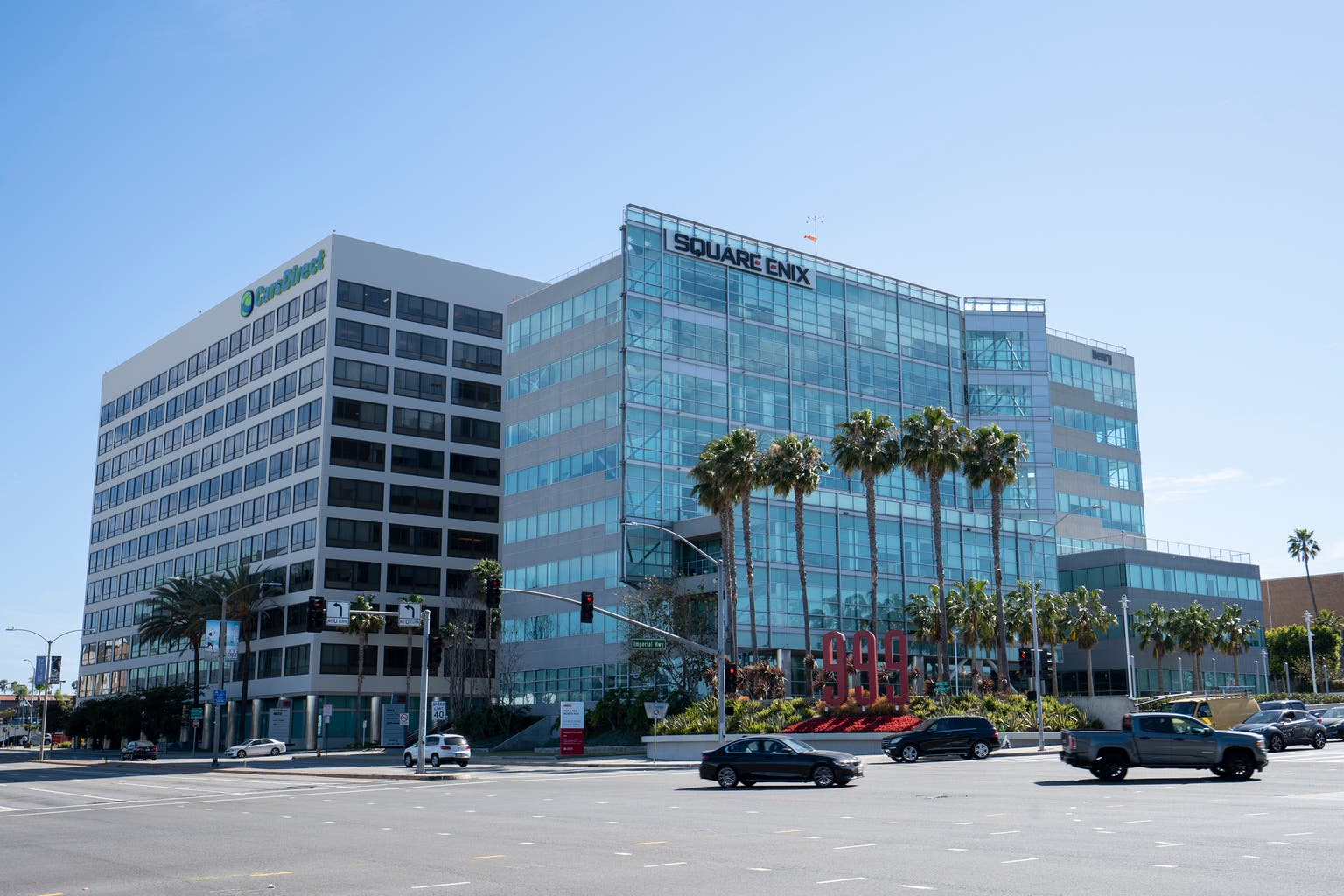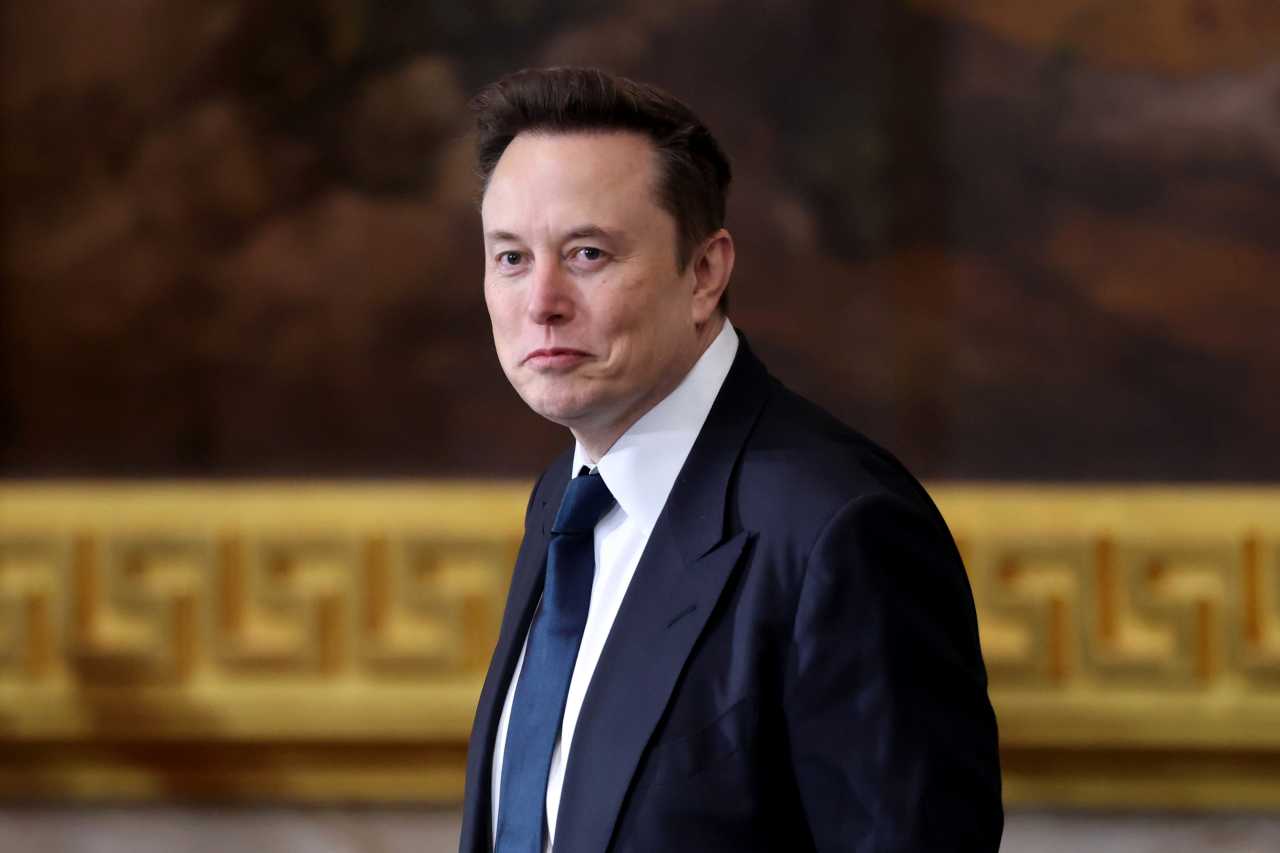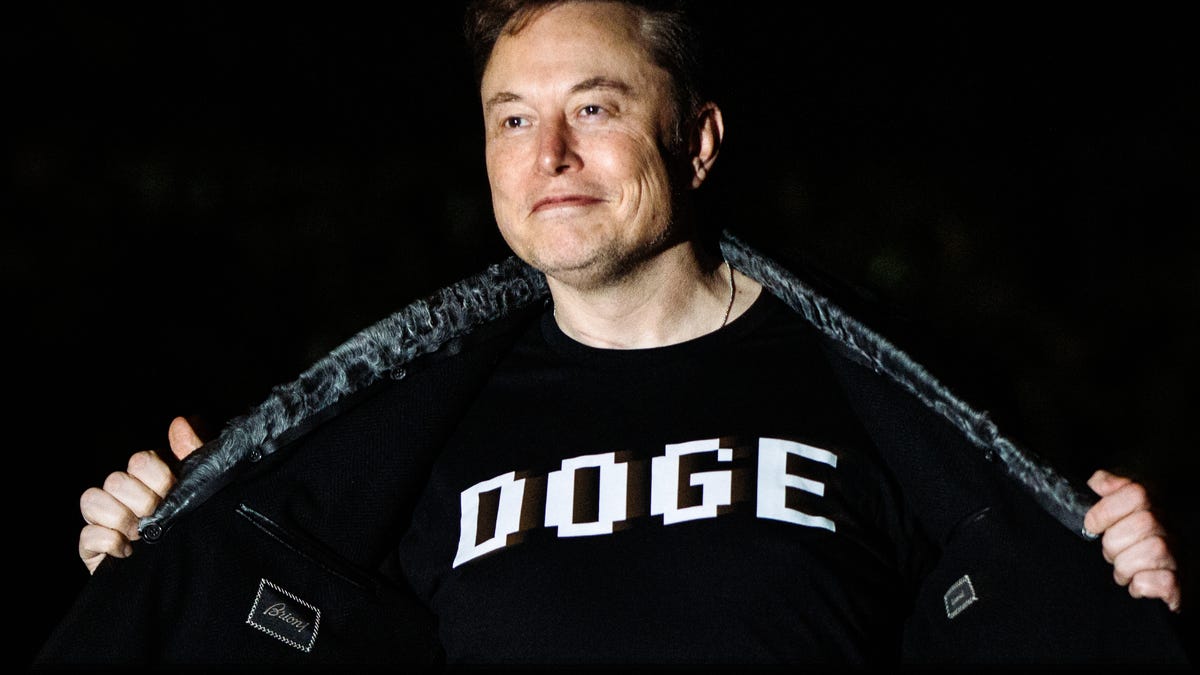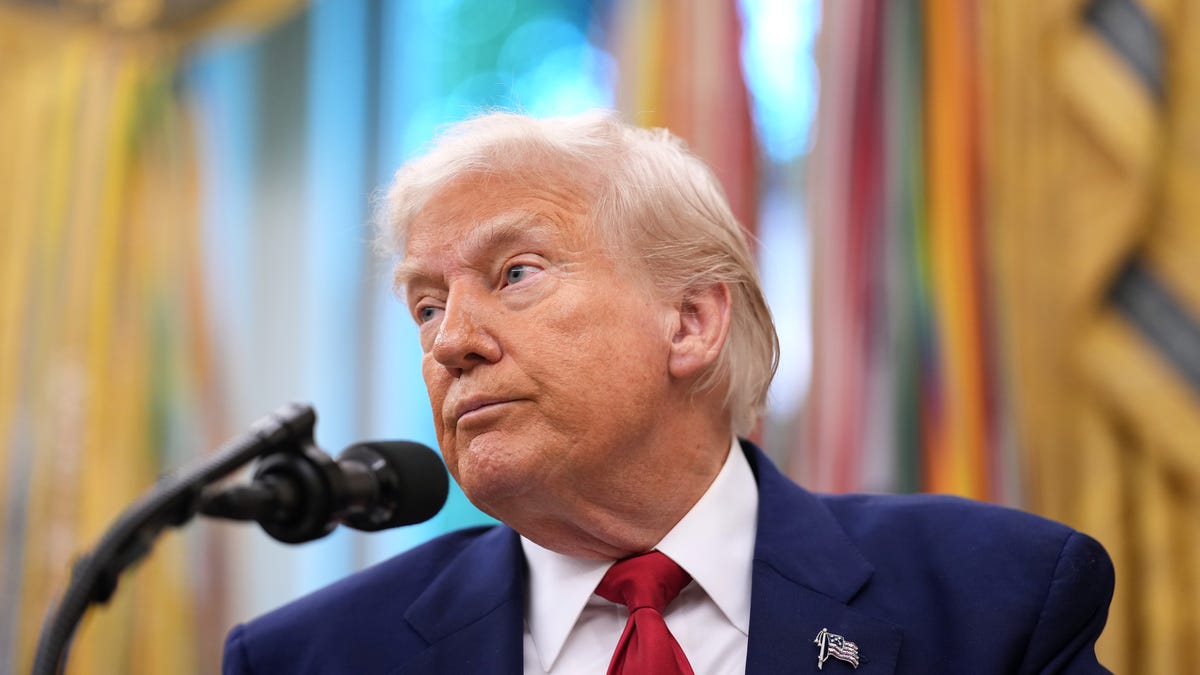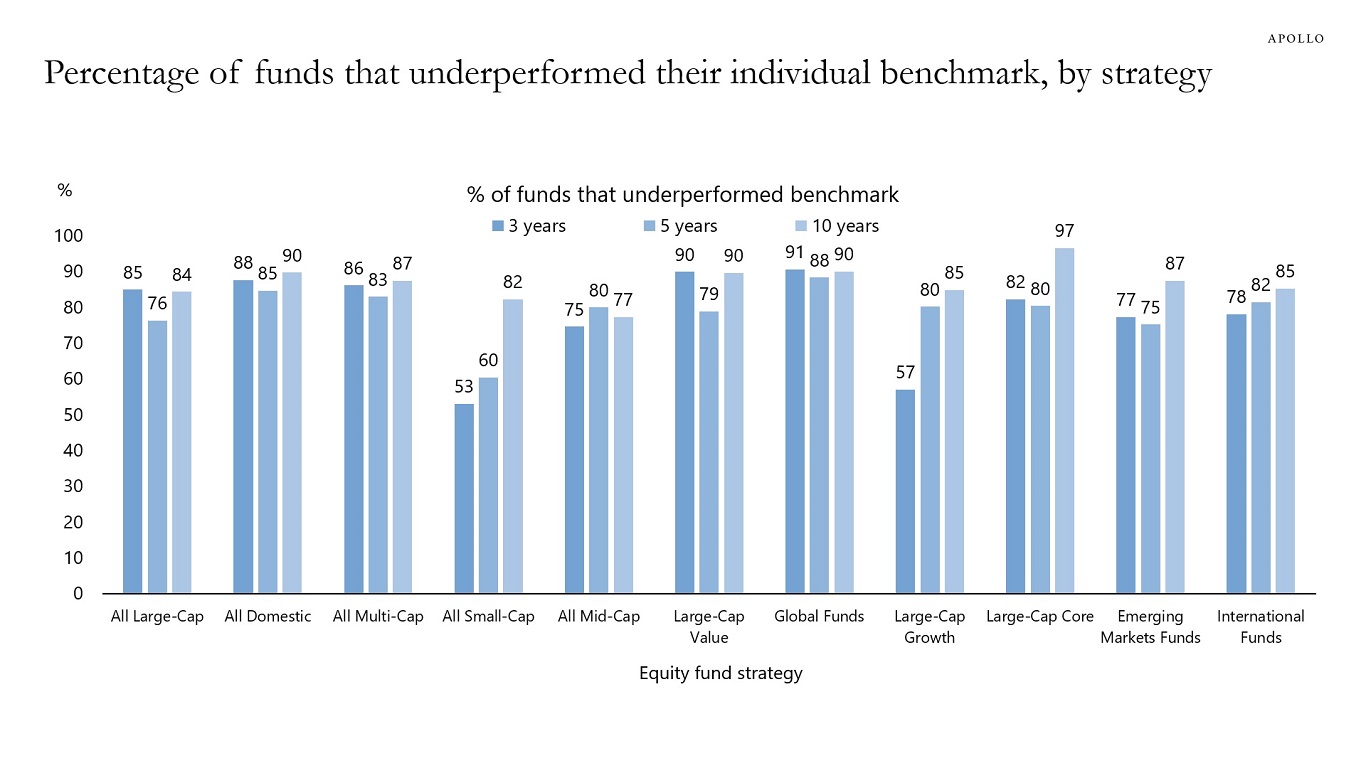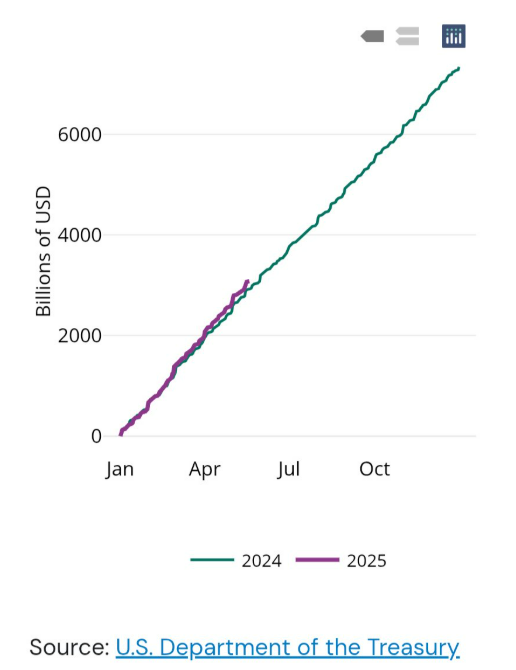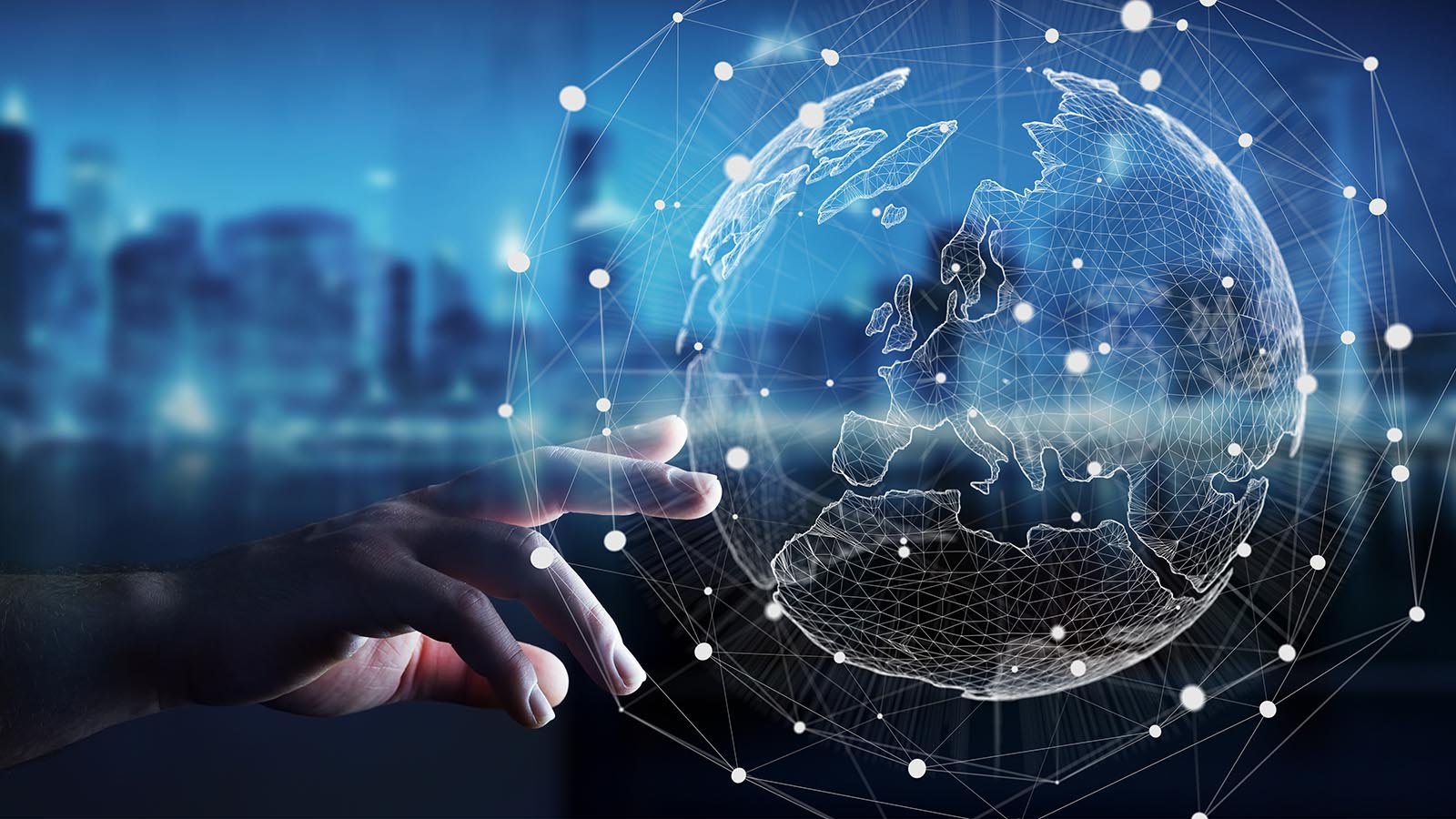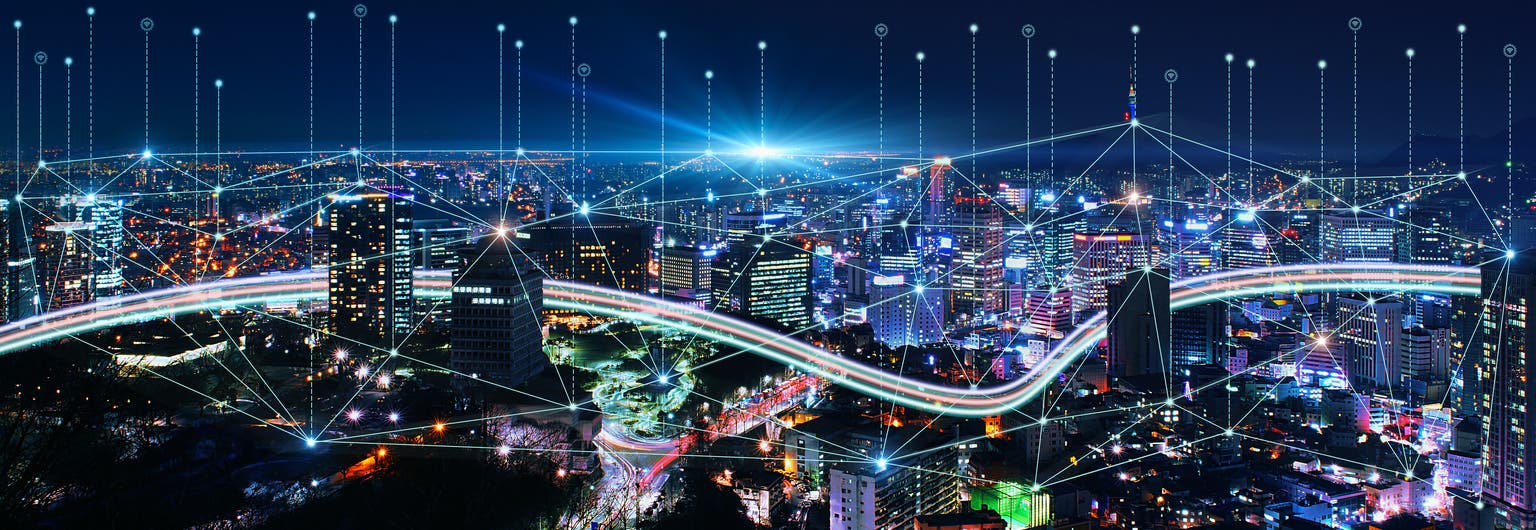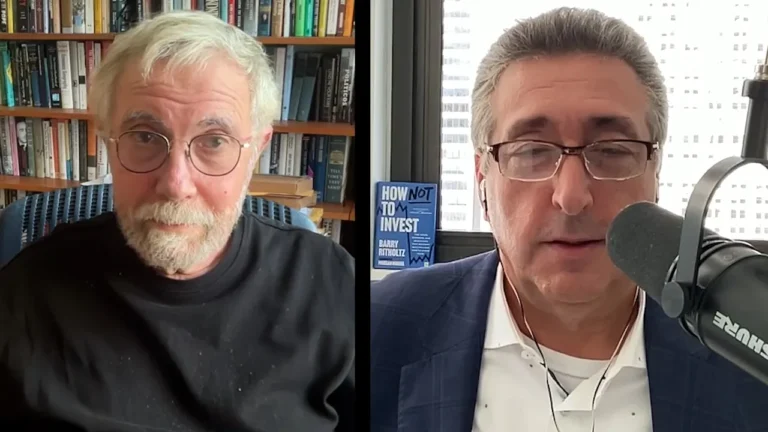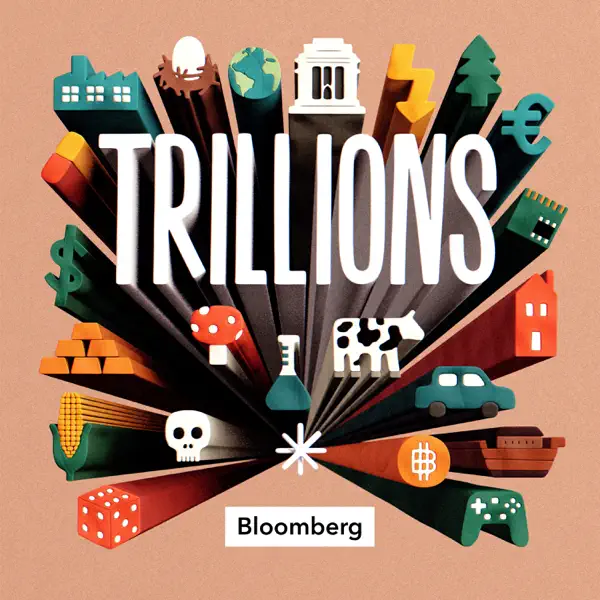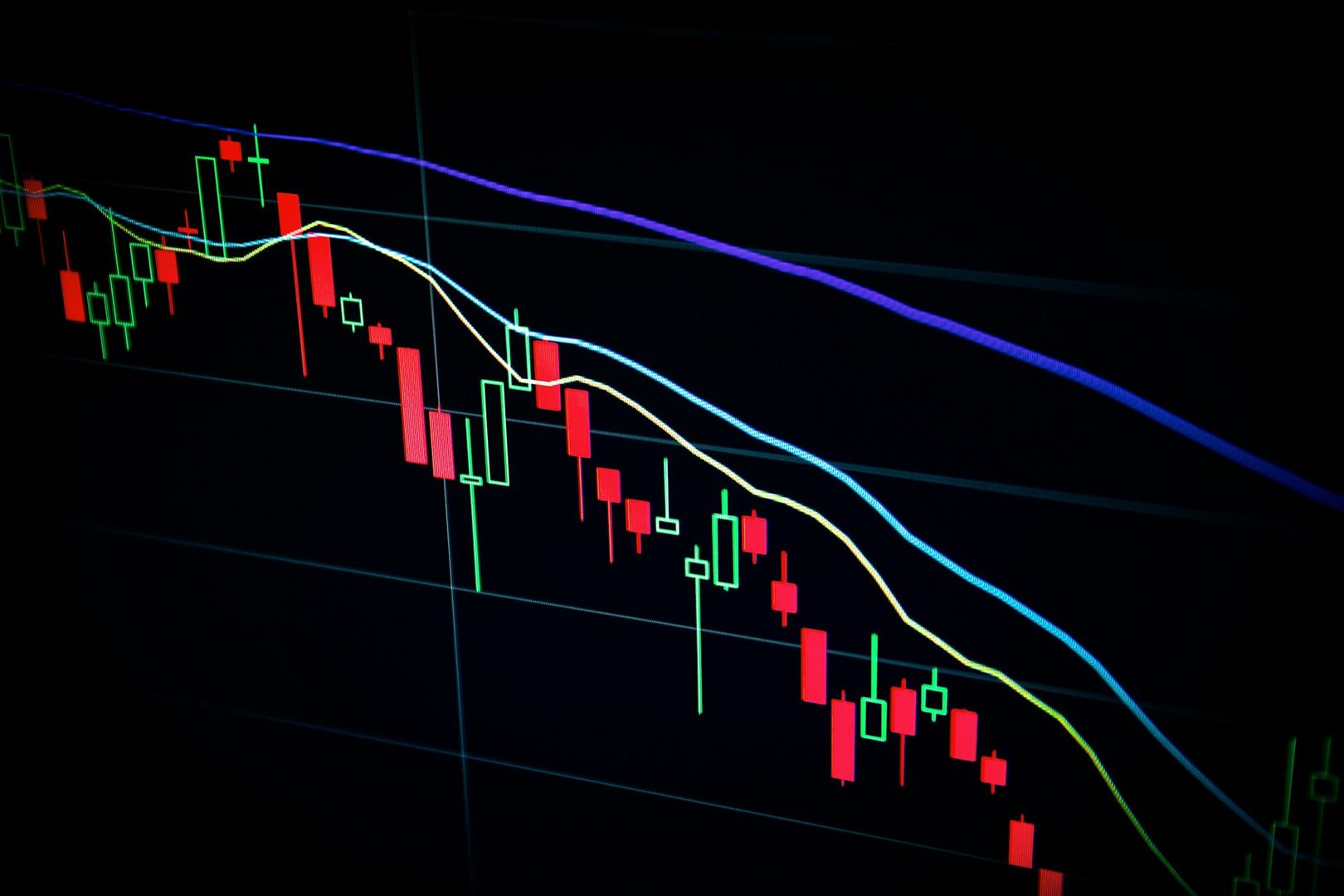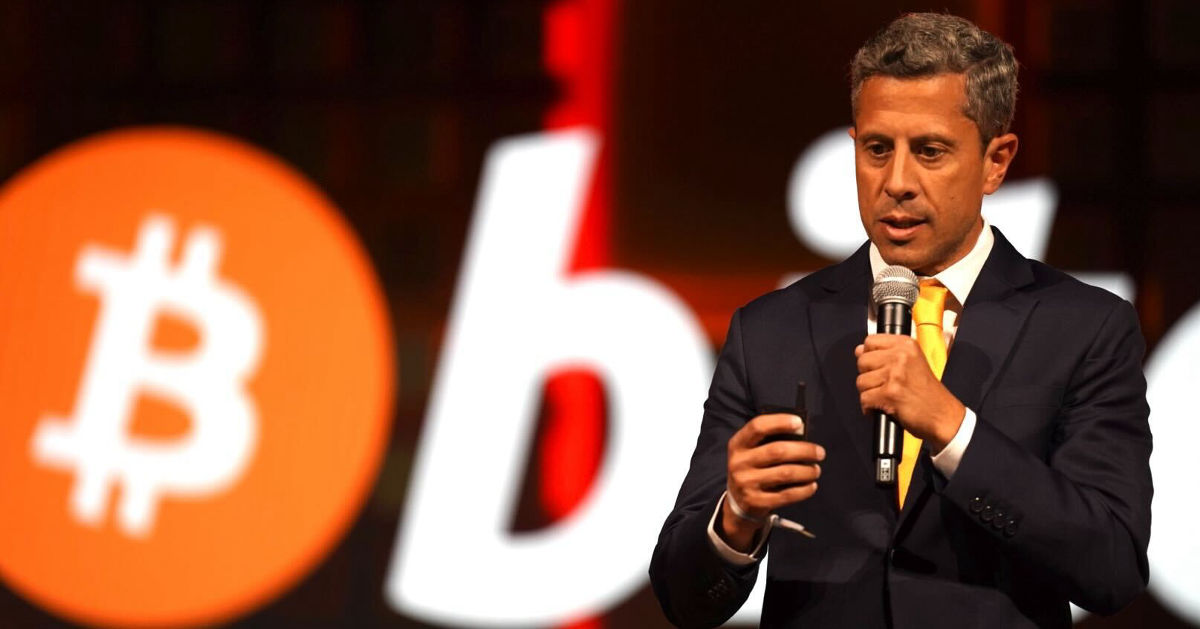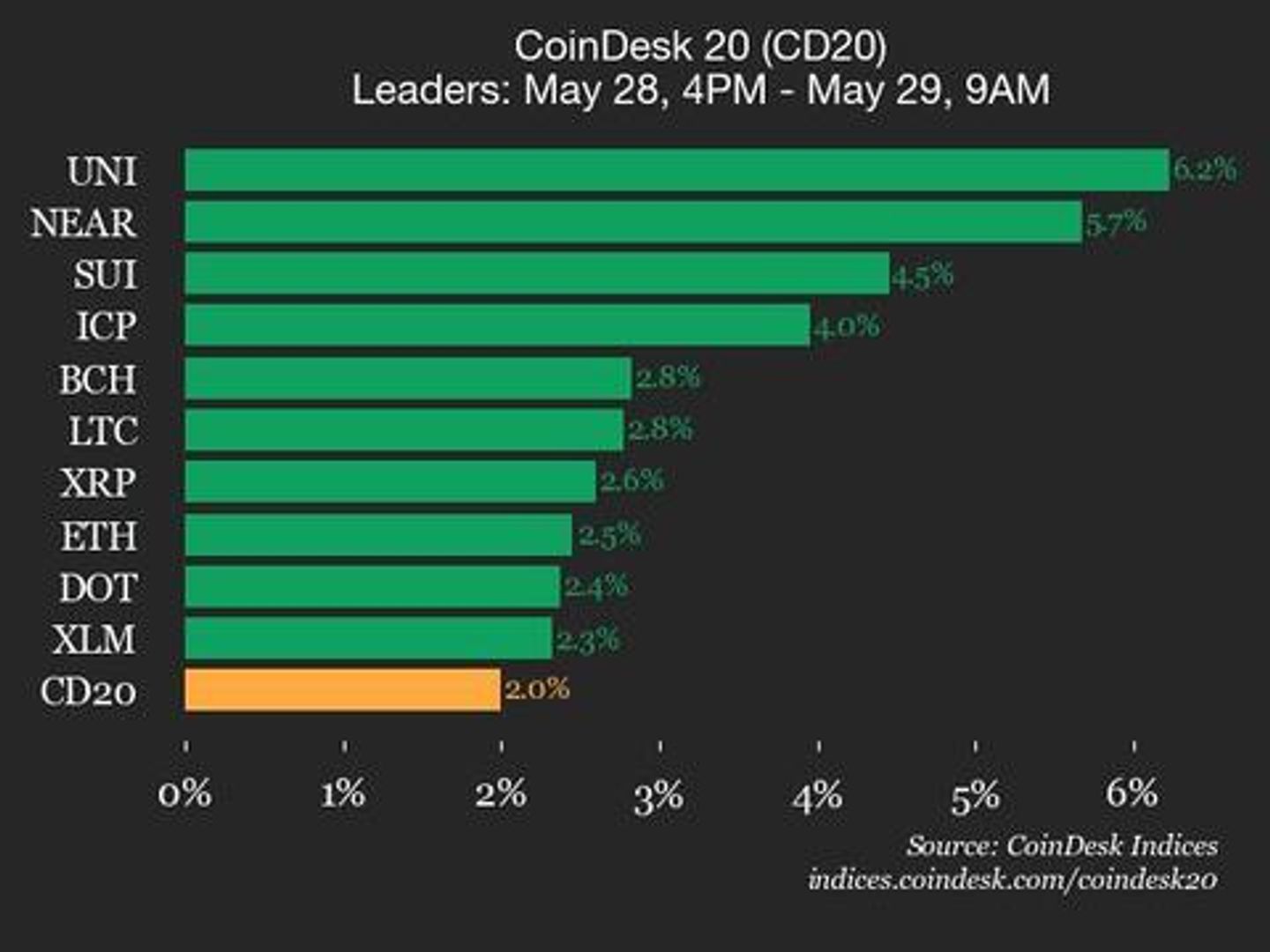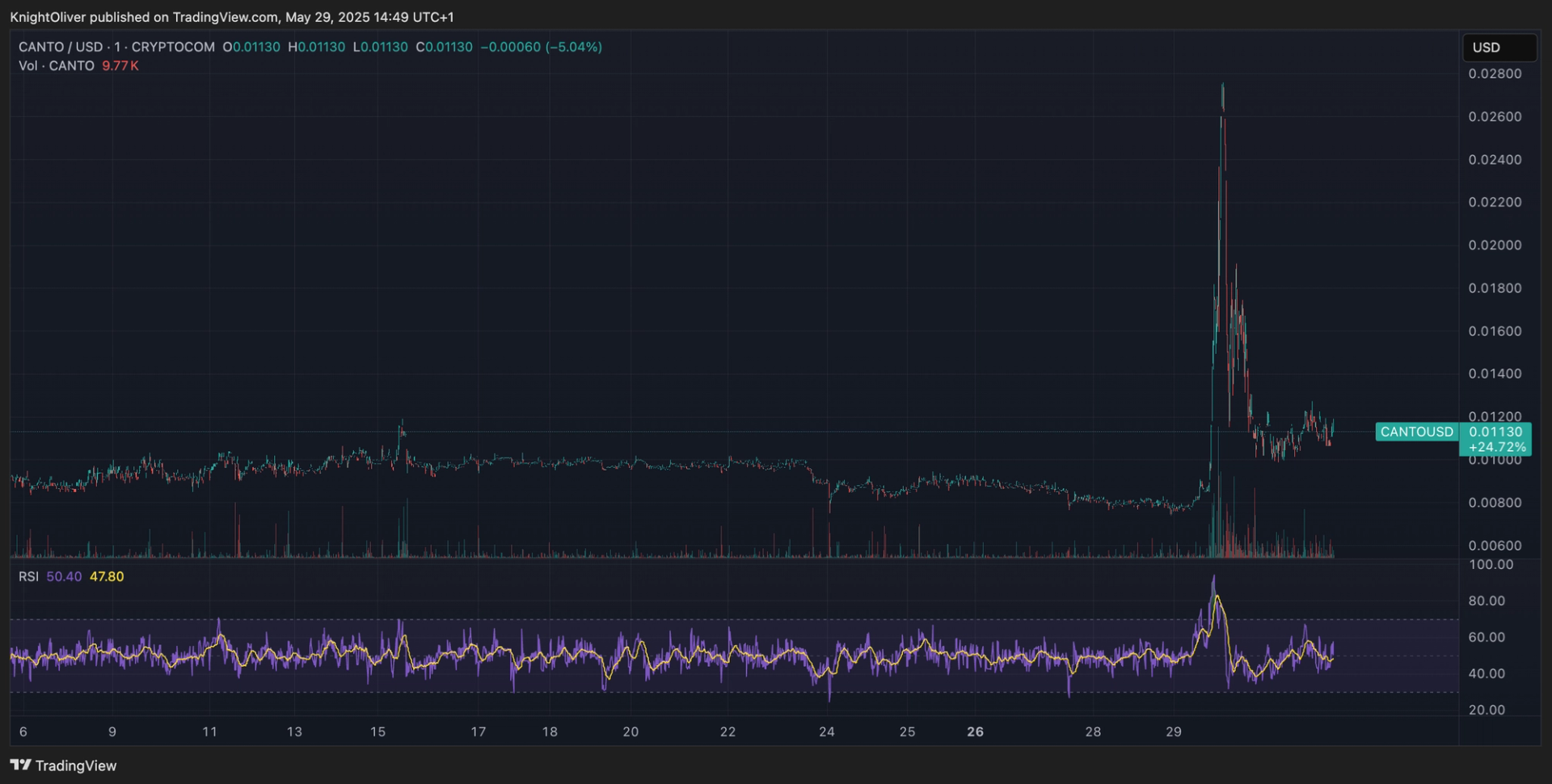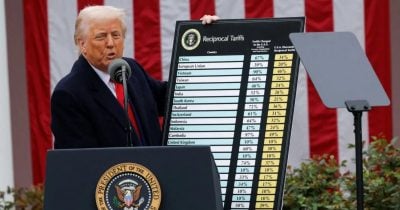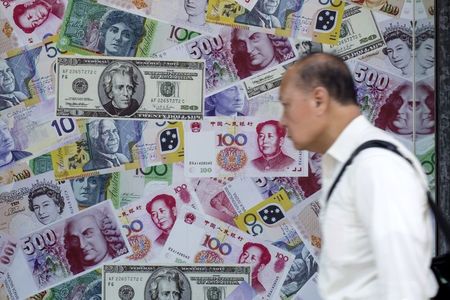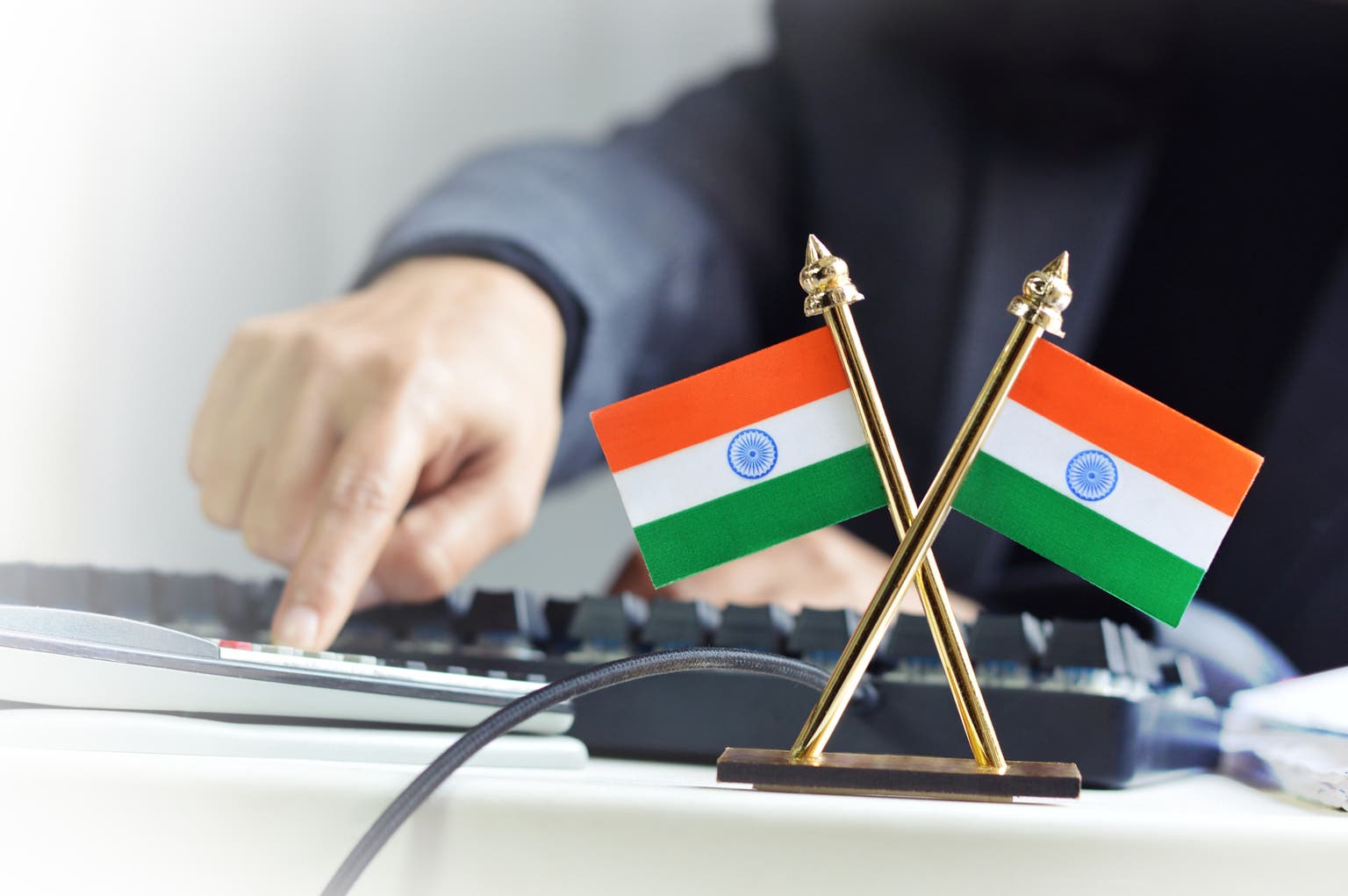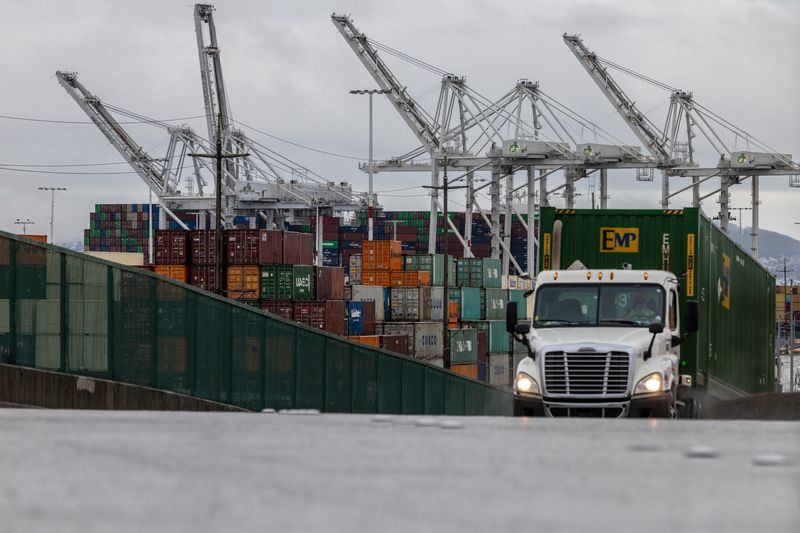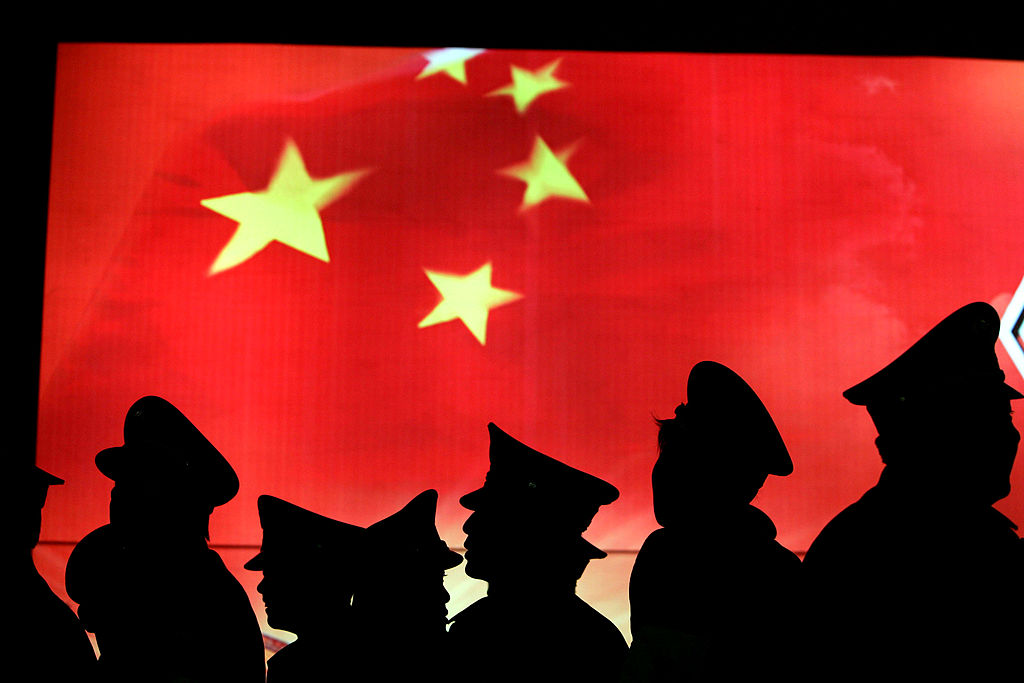Malaysia’s prime minister thinks AI may need to operate independently of national sovereignty—much like how embassies work today
On Wednesday, Malaysia PM Anwar Ibrahim suggested the idea of national sovereignty may be slightly out of date in the AI age.

The risks of AI–its lack of values, the possible threat to jobs, and the challenge to sovereignty–were top of mind for two Southeast Asian leaders on Wednesday.
Both Malaysia Prime Minister Anwar Ibrahim and Vietnam Prime Minister Pham Minh Chính, speaking at Fortune’s ASEAN-GCC Economic Forum in Kuala Lumpur, agreed their countries needed to embrace the new technology, but worried about how to best manage the new technology’s transformative potential.
Malaysia and Vietnam are both members of the intergovernmental Association of Southeast Asian Nations and are often considered “middle powers”: Significant countries with important roles to play in global geopolitics and economics, yet that still operate within constraints set by major powers like the U.S. and China.
Many countries are now investing in “sovereign AI,” or AI tailored to their own national language and culture, so as to avoid relying entirely on models developed and trained in the U.S. or in China.
Yet on Wednesday, Anwar suggested the idea of national sovereignty may be slightly out of date in the AI age.
“Governments are there to protect sovereignty, but the word ‘sovereignty’ actually predates new technology,” Anwar said.
He suggested countries may need new rules “that allow AI to operate independently without having to subject itself to laws of the country,” similar to how foreign embassies (with some level of protection from the sovereign government) operate today.
Anwar also spoke broadly on what values an AI model might hold. “Can human beings be dictated purely by this new technology and machines?” he asked. While he accepted that countries couldn’t replace AI, they could “protect our identity, our faith, our personality through inculcation of values.”
Chính, who joined Anwar on Wednesday morning, focused on how AI might disrupt the economy.
“People invent AI, not the other way around,” he said. “We cannot allow AI to prevail against humans, to entirely replace humans, to take away the jobs we have and rob creativity from the people.”
“That is something that we simply shall not allow,” he added.
Geopolitical tension
Anwar noted the geopolitical trickiness that comes in the AI space. “China is an important neighbor,” he said. Yet he emphasized that the U.S. remains the “number one” investor in Malaysia, and that 60% of the country’s electronics exports are bound for the U.S.
“We have to navigate [geopolitics] as a global strategy, not purely dictated by national or regional interests,” he said.
Anwar has repeatedly pitched Malaysia as “neutral territory” to both Western and Chinese chip firms, as the U.S. imposes strict controls on the sale of advanced chips and chipmaking tools to Chinese companies.
Malaysia’s place in the chip sector has come under U.S. scrutiny in recent months. Last week, a Malaysian minister’s comment that the country would deploy Huawei’s AI chips in the country caught the eye of David Sacks, the Trump administration’s “AI czar,” who posted the news on X. (The minister in question later retracted her remarks, and Huawei later confirmed to Fortune that it hadn’t sold any AI chips in Malaysia.)
Helping the Global South
The panelists on Wednesday’s discussion wrestled with the question of fairness.
“Much of Africa still has no reliable access to electricity,” said Peng Xiao, group CEO of G42, one of the United Arab Emirates’ leading AI companies, who joined Anwar and Chính on the panel.
“The lack of access to electricity results in a lack of progress as a society and gave birth to this notion of Global South,” he said, referring to a commonly-used term to refer to the developing world. “We cannot afford to have a Global South in the age of intelligence explosion.”
And much more electricity–in both the developed and developing worlds–will be needed to power the AI revolution. Xiao estimated the world currently has about 60 gigawatts of data centers, yet suggested that as much as 500 gigawatts will be needed to fully power the shift to AI.
Yet Chính pointed out that it’s up to the developed world to extend that helping hand to the Global South. “No single country or individual can tackle this problem alone.”
“I do hope that wealthier countries, developed countries, can put in greater assistance for poorer developing countries to foster this AI growth,” he said. “Only then can we achieve truly inclusive development where no one is left behind.”
This story was originally featured on Fortune.com









